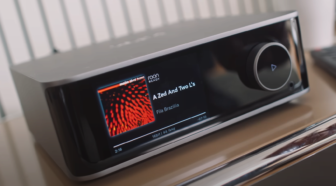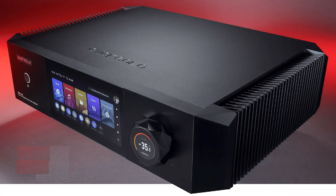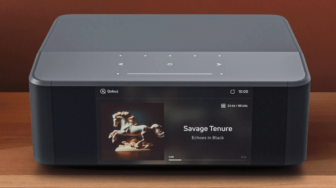AUDIOLAB 6000N Review: Stream Machine
Audiolab 6000N budget streamer makes discs obsolete says Jason Kennedy. Ouch!
Streaming is where it’s at with digital audio today. Vinyl may be making a comeback, and sales of one-box record players are remarkable – but if you want to hear digital music at its best, discs are no longer it.
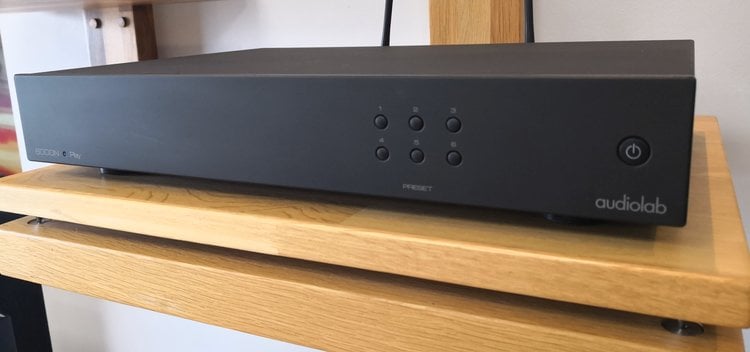
The main barrier to uptake of streaming is complexity – and that you have to rip your CD collection to a hard drive if you want to stream it. So many are cutting out the ownership element altogether: with lossless streaming services such as Qobuz and Tidal available – at a price – you don’t need to buy and store discs anymore, CDs or LPs.
The Audiolab 6000N I am reviewing is a wireless/wired streamer that lets you access various streaming services or music stored on a network drive at a low price few can match. The only alternatives I could find the Yamaha CD-NT670D, Denon DNP800NE, and Blueroom Node 2i; some might include the Sonos Connect, but not if sound quality is a factor.
After or arguably before sound quality, the most important thing about a streamer is its control software – Sonos is successful in the streaming market through ease of use. Audiolab has avoided the pitfalls and cost of building their control app by using DTS Play-Fi, software created and maintained by an organization with the resources to do the job consistently if the Audiolab 6000N is any indication.
Play-Fi provides access to internet radio, Qobuz, Tidal, and Amazon Music (plus several US-specific services) – and the free version of Spotify and Premium, a unique feature in the streaming world. It allows numerous devices to be controlled in a multi-room situation, with limitations being a maximum 24/192 bit/sample rate and no support for DSD.
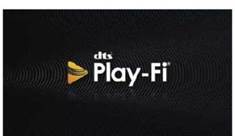
The Audiolab 6000N’s claim to fame includes an ESS Sabre series DAC chip, full DLNA/UPnP compliance so it can (should) work with any PC or DLNA/UPnP equipped hard drive, and analog and digital outputs. It comes in a full-width case (almost unheard of at this price) and has a twin wi-fi antenna for robust wireless operation.
EASE OF USE
It took me a little while to get my head around Play-Fi, largely because it’s different from other streaming platforms. That said, once I read the manual, it became relatively straightforward. Using the Play-Fi setup guide is confused by Americanisms such as ‘dish’ for the router, so stick to the manual, especially the forthcoming revised manual, which I’m told will be much more comprehensive. It might include that for full volume output at the switch on; you press the right two buttons for the desired amount of time and that for best results – data rates above that of l6bit/48kHz – you must select ‘Critical Listening’ mode.
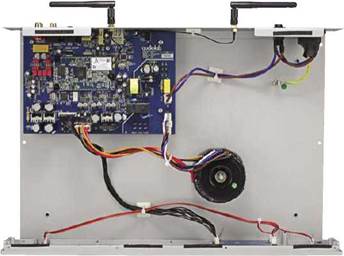
You may want to control volume from the app; this approach compromises sound quality compared to the volume control of an amplifier, but it’s very easy. I can’t see much benefit in limiting bit/sample rates however. The six front panel buttons act as presets for net radio stations.
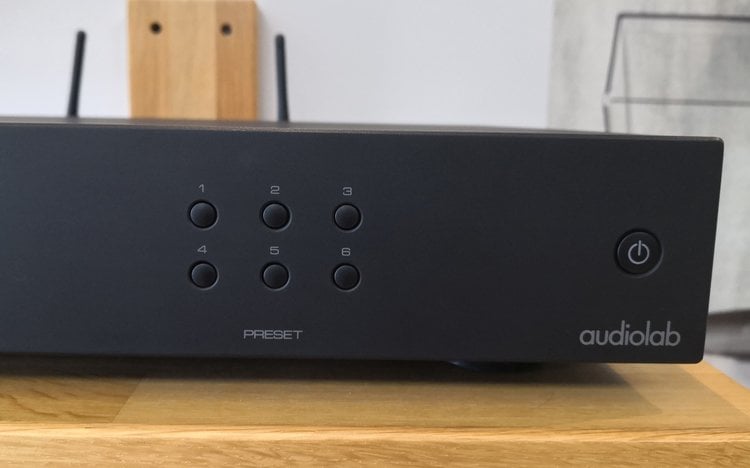
The Play-Fi app isn’t very good at using album art, avoiding it altogether until you drill down a few pages or are in Play mode. Slicker apps focus on this free source of great graphics, giving a stronger sense of flicking through a collection. But the alphabetical breakdown means finding artists or albums is pretty quick; there is no search function for local libraries.
SOUND QUALITY
The sound of the Audiolab 6000N is more pumped up and forward than usual for a streamer, it’s appealingly three dimensional however and seems quite smooth on initial listening. I found Lou Reed’s Walk on the Wild Side to be good and spacious, if a little lacking in fine detail, but the vocal had an almost exaggerated presence as if the streamer was amping it up for effect. With a relaxed analog original like this classic, it wasn’t a problem, and the timing side of things, while not particularly strong, was good enough to make it enjoyable.
Esperanza Spalding’s Ebony and Ivory was also strongly projected and slightly more fulsome than usual. It’s the sort of sound that would suit a budget system better than a revealing one, such as the one I use for reviewing, but ultimately, it could be a bit cleaner around the edges.
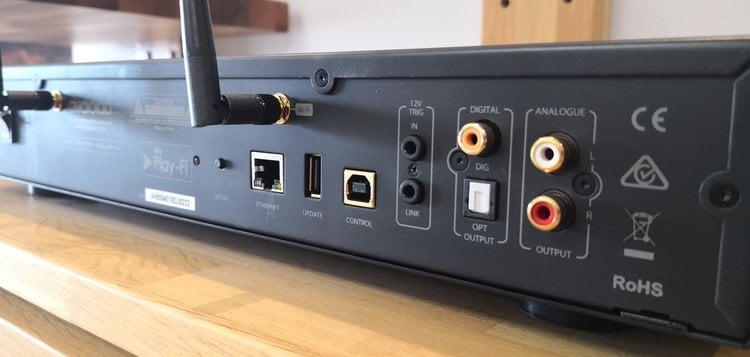
Analog and digital outputs on the right, USB for the control bus, and ethernet for wired setup. The setup button and ethernet activity light are also here as an aid to install.
Radiohead’s Deks Dark illustrated that this Audiolab is not the most revealing but can coherently present relatively complex material without the digital glare associated with budget CD players.
CONCLUSION
The Audiolab 6000N is not the most refined sounding of streamers, but it is well-equipped on the features front and built physically. The right system, essentially entry-level, provides access to the many appealing aspects of streaming in a competitively-priced package.
MEASURED PERFORMANCE
Frequency response of Audiolab 6000N reached 16kHz (-1dB) at all sample rates up to 192kHz from a wired DLNA (Windows 10) server, as our analysis shows. This gives it a bandwidth slightly lower than CD (21kHz) in standard mode.
Distortion at peak output (0dB FS) measured 0.003% and at -60dB with 24bit a mediocre 0.15%, better than CD (0.22%) but not in contention with the 0.02% figure possible. The noise and distortion resulted in a disappointing 97dB EIAJ Dynamic Range value with hi-res.
Although the Audiolab 6000N can read hi-res files from a wired ethernet DNLA server, it gives mediocre performance figures.
External music servers will give a similar result at best.
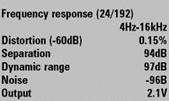
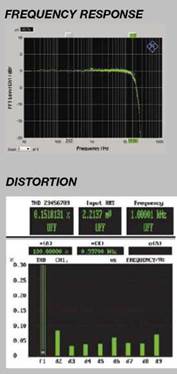
AUDIOLAB 6000N Verdict
When you purchase through links on our site, I may earn an affiliate commission. Here’s how it works.
Company info
Audiolab
+ 44 (0) 1480 447700
www.audiolab.co.uk





